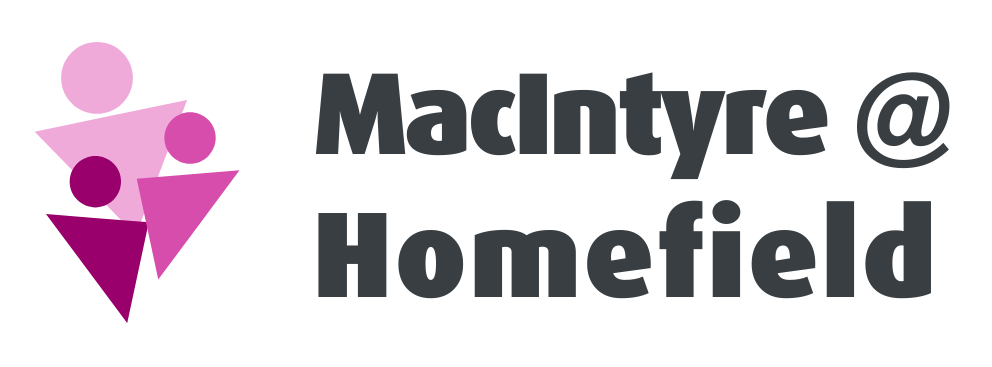Low-Level Concerns
Purpose
This policy sets out a framework whereby staff are expected to report concerns, no matter how small, about their own behaviour or that of another member of staff, volunteer, supply teacher, contractor or other person working in college.
Its purpose is to help create and embed a culture of openness, trust, and transparency in which the clear values and expected behaviour set out in the “Guidance for safer working practice for those working with children and young people in education settings” (May 2019) (sometimes called the safeguarding code of conduct) are lived, monitored, and reinforced.
The policy should be read in conjunction with the current statutory guidance – “Keeping Children Safe in Education” Part 4, Section 2.
Who does the policy apply to?
This policy applies to all staff and other individuals who work or volunteer in college.
Definition of a low-level concern
A low-level concern is any concern, no matter how small, even if no more than causing a sense of unease or a ‘nagging doubt’, that a person working in or on behalf of the college may have acted in a way that:
- is inconsistent with the “Guidance for safer working practice” (May 2019), including inappropriate conduct outside of work, and
- does not meet the allegations threshold or is otherwise not considered serious enough to make a referral to the LADO.
Reporting low-level concerns
Where a low-level concern has been identified this will be reported as soon as possible to the principal. However, it is never too late to share a low-level concern if this has not already happened.
Where the principal is not available, the information will be reported to the Designated Safeguarding Lead or Deputy (i.e., the most senior member of SLT acting in this role).
Low-level concerns about the Designated Safeguarding Lead will be reported to the principal and those about the principal will be reported to the Chair of Trustees.
Where the low-level concern has been reported to the Designated Safeguarding Lead, they will inform the principal of the details as soon as possible.
Recording concerns
A summary of the low-level concern should be written down, signed, timed, dated and shared by the person bringing the information forward.
Where concerns are reported verbally to the principal a record of the conversation will be made by the principal which will be signed, timed, and dated.
Responding to low-level concerns
Where a low-level concern has been raised this will be taken seriously and dealt with promptly. The principal will:
- Speak to the person reporting the concern to gather all the relevant information.
- Speak to the individual about the concern raised to ascertain their response, unless advised not to do so by the LADO or Police (HR advice may also need to
be taken). - Where necessary further investigation will be carried out to gather all relevant information. This may involve speaking to any potential witnesses.
- The information reported and gathered will then be reviewed to determine whether the behaviour,
i) is consistent with the “Guidance for safer working practice for those working with children and young people in education settings” (May 2019): no
further action will be required,
ii) constitutes a low-level concern: no further action is required, or additional training/guidance/support may be required to rectify the behaviour via
normal day-to-day management processes. The employee should understand that failure to improve or a repeat of the behaviour may lead to further action being taken, e.g., either via the Performance Management Policy or Disciplinary Policy.
iii) is serious enough to consult with or refer to the LADO: a referral should be made to the LADO and advice taken from HR. In this case the College’s Managing Allegations procedure within the Safeguarding Policy and Disciplinary Policy will be followed.
iv) when considered with any other low-level concerns that have previously been raised about the same individual, should be reclassified as an allegation and referred to the LADO or Police: a referral should be made to the LADO and advice taken from HR. In this case the College’s Managing Allegations procedure within the Safeguarding Policy and Disciplinary Policy will be followed. - Records will be made of:
i) all internal conversations including any relevant witnesses
ii) all external conversations e.g., with the LADO
iii) the decision and the rationale for it
iv) any action taken
Can the reporting person remain anonymous?
The person bringing forward the concern will be named in the written record. Where they request to remain, anonymous this will be respected as far as possible. However, there may be circumstances where this is not possible e.g., where a fair disciplinary investigation is needed or where a later criminal investigation is required.
Should staff report concerns about themselves (i.e., self-report)?
It may be the case that a person finds themselves in a situation which could be misinterpreted or might appear compromising to others; or they may have behaved in a manner which on reflection they consider falls below the standard set out in the “Guidance for safer working practice”. In these circumstances, they should self-report. This will enable a potentially difficult situation to be addressed at an early opportunity if necessary.
Where behaviour is consistent with the “Guidance for safer working practice” (May 2019)
Feedback will be given to both parties to explain why the behaviour was consistent with the “Guidance for safer working practice”.
Should the low-level concerns file be reviewed?
The records will be reviewed periodically, and whenever a new low-level concern is added, so that potential patterns of concerning, problematic or inappropriate behaviour can be identified and referred to the LADO if required. A record of these reviews will be retained.
References
Low-level concerns will not be included in references unless a low-level concern, or group of concerns, has met the threshold for referral to the LADO and found to be substantiated.
What is the role of the Board of Trustees?
The Principal will regularly inform the Trustees about the implementation of the low-level concerns policy including any evidence of its effectiveness e.g., with relevant data. The Safeguarding Trustee may also review an anonymised sample to ensure that these concerns have been handled appropriately.
Approved by: Senior Management Team
Last Updated: Sept 2023
Staff Lead: Designated Safeguarding Lead





